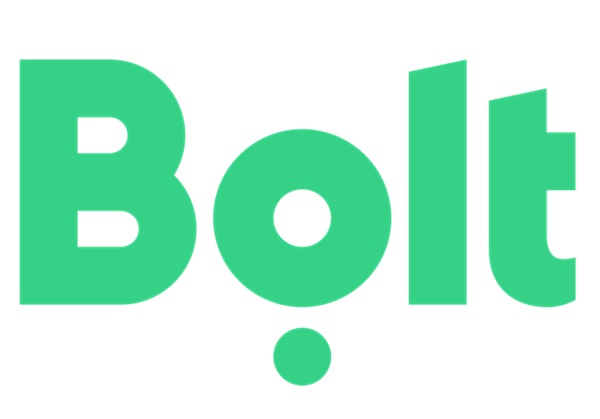
On Thursday 27 June 2024, the mobility platform Bolt announced its arrival in the Grand Duchy at the end of the next quarter or the end of 2024 at the latest.
According to the platform, more than 50 drivers are already interested in joining them. This announcement comes after Uber officially launched its activities in partnership with the company Webtaxi at the beginning of last week.
However, unlike Uber, which has entered into a partnership with Webtaxi and whose only employees holding a taxi driver's license are authorised to work, the LCGB noted it is concerned that the economic model that will be put in place by the Bolt platform risks causing "serious harm" to the drivers concerned and would create "false self-employed workers" in the sector.
While the drivers who drive for the Uber platform are all employees of the Luxembourg partner, it would appear that according to the economic model planned by Bolt, their drivers would all be self-employed. The platform asks them for lower commissions than the competition. Thus, this aggressive pricing practice could be to the detriment of the existence of these drivers, the LCGB trade union stressed.
The LCGB demanded the safeguarding of social benefits and labour law for platform drivers. Due to the new forms of work created by digitalisation, the LCGB has long demanded that the legal framework be adapted to avoid precarious employment, among other things by:
• a new definition of the concept of employee to clearly delimit salaried activity in relation to non-salaried activity;
• a new definition of the employment contract based on at least three criteria (existence of a relationship of subordination, provision of work and payment of remuneration);
• the maintenance of the open-ended contract as a standard contract;
• the maintenance of the legal limitation on the number of renewals of fixed-term contracts;
• clearer and more precise legal regulation of the rights and legal protection of independent workers;
• the definition of new forms of work through digital platforms, including a clear and precise definition of the rights and obligations resulting for both the service provider and the client;
• the establishment of a precise legal framework for the sharing economy to avoid a proliferation of false self-employed workers (Uber phenomenon, cleaning ladies hired via a platform);
• the development of new forms of social security financing with guarantees of access for new forms of employment, knowing that part of the VAT on digital products and services could contribute to the financing of these new methods of financing;
• the clarification of responsibilities in the event of an accident for increasingly automated jobs (e.g. autonomous vehicles).
The LCGB added it will commit to defending the interests of the drivers concerned and against any false independence in the sector and will continue to closely monitor this arrival, to ensure that they are not “left behind”.








